
The Russian invasion of Ukraine is a bitter reminder that there is no end to the horrific suffering that humans are sometimes willing to inflict on others.

Firearms have surpassed motor vehicles as the leading cause of death among children and adolescents in the United States, according to a new analysis of federal data.

A common view is that students learn maths best when teachers give clear explanations of mathematical concepts, usually in isolation from other concepts, and students are then given opportunities to practise what they have been shown.

Common issues include finding time to prepare food, making nutritious food appeal to kids, budgeting with the climbing price of fresh food after natural disasters, feeding picky eaters, buying sustainably, and reducing food waste.

Some 99% of children aged three to 17 used the internet in 2021. YouTube was the most popular platform, with 89% of children using it. Meanwhile, half of kids used TikTok, a popular site which allows users to watch and share short videos.

Teens are more likely to report psychosomatic symptoms, a combination of physical and psychological complaints, if they exceed two hours of screen time and these effects were similar regardless of physical activity levels.

Few things are more challenging than trying to vaccinate a terrified and uncooperative child.

When you were born, a doctor or clinician assigned you the “male” or “female” label based on a look at your genitalia. In the U.S., this has been standard practice for more than a century.

Working parents have been balancing their work and their children’s intermittent bouts of virtual learning, along with the many other parenting challenges.
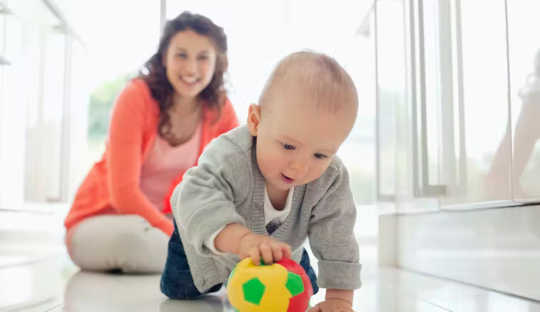
When people set personal fitness goals and establish their physical exercise routines, there’s a group of cuddly individuals that is often left out – infants!
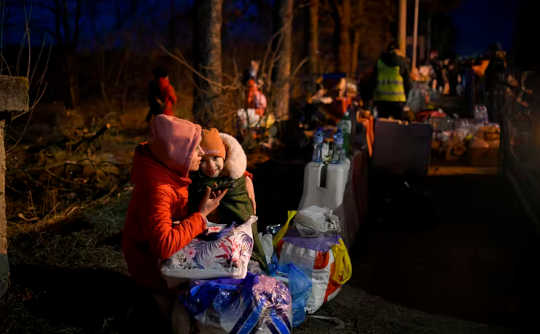
If you are a parent, grandparent, teacher or educator, you may ask yourself: Should I talk to kids about these world events?

Our latest research uses brain scans to show how simply watching news coverage of disasters can raise childen’s anxiety and trigger responses in their brains that put them at risk of post-traumatic stress symptoms.

Smoking is prevalent in lower socio-economic groups whose characteristics (such as lower IQ and poorer motivation on average) are correlated with lower academic scores and more behavioural issues in children.

Research from around the world has examined the extent that COVID-19 restrictions have had on children and their levels of physical activity.

What do wireless speakers, streaming music subscriptions, smartphones and customized game controllers have in common?

Children are capable of discerning an insincere apology, and insincere apologies are not conducive to encouraging forgiveness. The apology needs to make clear that someone understands why what they did was wrong. This, in turn, makes other kids more likely to give them a second chance.

Creativity involves the production of ideas that are both new and also useful or effective. This definition makes it sound as though creativity is quite positive. And often it is.
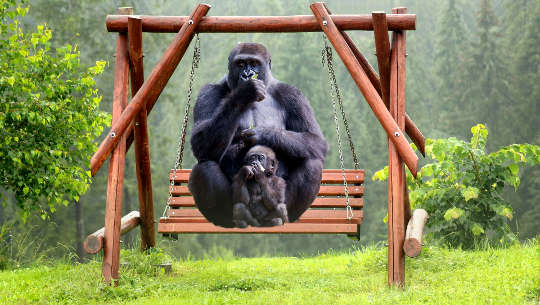
Tension release is a significant part of self-healing in children and adults, and it is unavoidable when we become more present with ourselves in flow experiences.

Tension release is a significant part of self-healing in children and adults, and it is unavoidable when we become more present with ourselves in flow experiences.
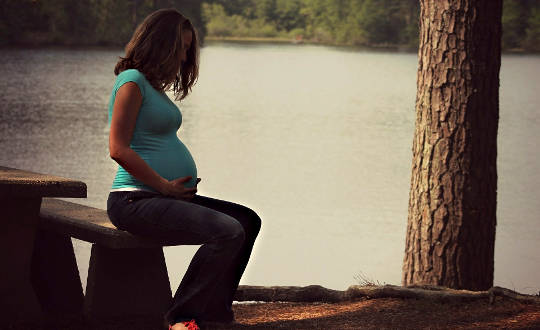
Suppressing fear-induced emotions infuses life into them, often causing a manifestation of depression or unpleasant physical symptoms. Here is a plan to liberate the emotions surrounding your fears so they can have their moment and then go bother someone else.
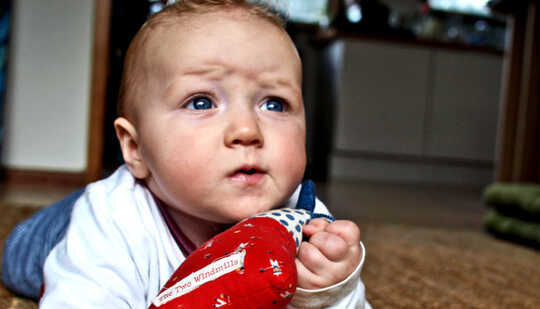
Infants’ responses to surprising events like magic tricks are linked to later cognitive ability, researchers find. The first-of-its-kind longitudinal study of infant curiosity found that months-old babies most captivated by magic tricks became the most curious toddlers.
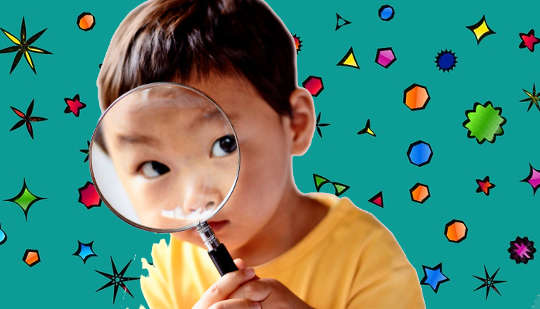
Preschoolers are more likely to choose to gather more information about a topic if they know just enough about it to find it interesting, but not too much that it becomes boring, research finds.

Fertility rates in the United States have plunged to record lows, and this could be related to the fact that more people are choosing not to have children.















